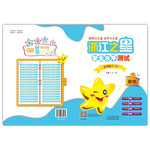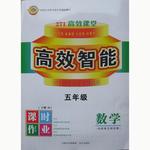题目内容
33. He got well-prepared for the job interview, for he couldn’t risk the good opportunity______.
A. to lose B. losing C. to be lost D. being lost
D

练习册系列答案
 浙江之星学业水平测试系列答案
浙江之星学业水平测试系列答案 高效智能课时作业系列答案
高效智能课时作业系列答案
相关题目
题目内容
33. He got well-prepared for the job interview, for he couldn’t risk the good opportunity______.
A. to lose B. losing C. to be lost D. being lost
D

 浙江之星学业水平测试系列答案
浙江之星学业水平测试系列答案 高效智能课时作业系列答案
高效智能课时作业系列答案